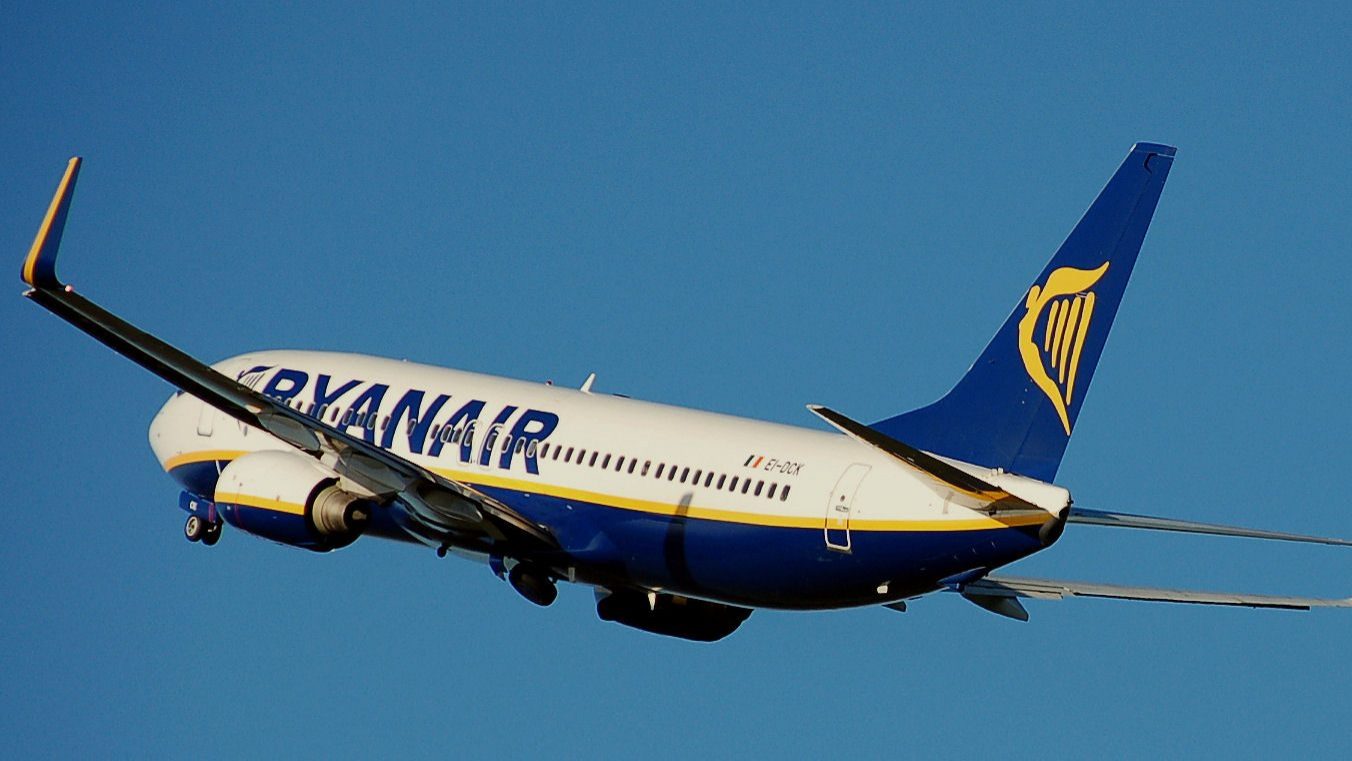Porto trade association wants new airline to replace flag carrier TAP
The chairman of the Porto Trade Association suggested the creation of a new airline for intercontinental flights from Lisbon and support for attracting routes for national and European links.
The chairman of the Porto Trade Association is in favour of a new airline to “take the place” of TAP on transatlantic routes and considers state support for it “irrational and contrary to economic interests”.
In a letter sent to the competition regulator, Nuno Botelho suggested the creation of a new airline for intercontinental flights from Lisbon and support for attracting routes for national and European links.
Botelho warned the European Commission, in the 13-page letter, that state support for TAP did not protect Portuguese tourism, did not respect connections within Portugal and was incompatible with the functioning of the market.
Amongst the various comments, he noted TAP’s “almost minimal” service to airports in Porto (12% of total passengers) and Faro (around 5% of total passengers), as opposed to the concentration in Lisbon, where TAP is responsible for 50% of total passengers.
He felt that TAP could not claim to be “very relevant” to the Portuguese tourist industry and at the same time be opening routes to airports that are foreign tourist destinations (Punta Cana, Agadir, Ibiza and Fuerteventura).
“The Portuguese state aid to TAP is irrational, contrary to national economic interests and territorial balance, as well as being clearly disproportionate,” he said.
Adding that “TAP has equity and net results that remain negative (more than 2 billion in losses over the last 11 years)”.
On the other hand, Nuno Botelho stressed that in a comparative analysis carried out by the trade association, there is an “enormous incongruence” between the state’s ownership of the company’s entire capital and the global trend in the sector, with states selling their stakes in airlines (as the German state did with Lufthansa).
Among the 20 largest global carriers, he noted that only Emirates (owned by the government of Dubai), Air China (owned by the Chinese state) and Singapore Airlines (owned by Singapore’s sovereign wealth fund) have relevant public capital in their shareholder composition.
For this reason, Nuno Botelho argued that air connectivity and the protection of economic activities are achieved by allocating TAP’s assets in terms of ‘slots’ and as a platform for transatlantic flights for a new airline, free of liabilities and free of interests in other companies (such as the stakes in Brazil).
“This was the path followed by other European airlines that were, like TAP, in a continued and structurally loss-making situation, such as Swissair, Sabena and Alitalia (whose bankruptcy process and transfer of assets to the new ITA company is underway),” he concluded.


